Radiation Calibration Laboratory (UWRCL)
We provide calibration services for ionizing radiation measurement instrumentation available in the medical or health physics community.
Get Started >Research (UWMRRC)
We focus on the science of metrology as applied to Radiation Therapy Physics. The laboratory has been instrumental in the development of several methodologies adopted as national standards.
Get Started >Education
The UWMRRC supports 10-15 graduate students in the Department of Medical Physics through calibration services revenue and funded research projects.
The focus of the laboratory’s research is on fundamental ionizing radiation metrology in radiation therapy physics.
Learn More >